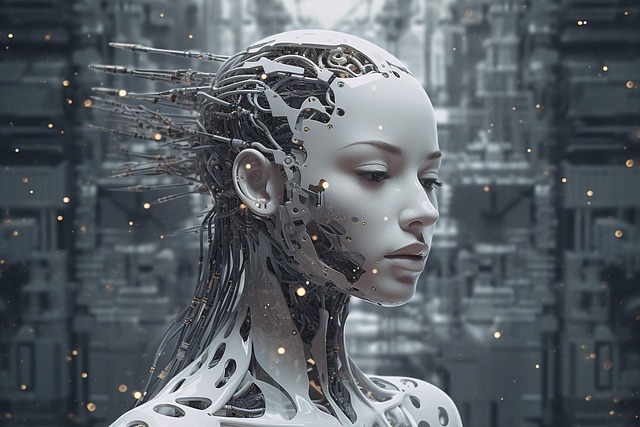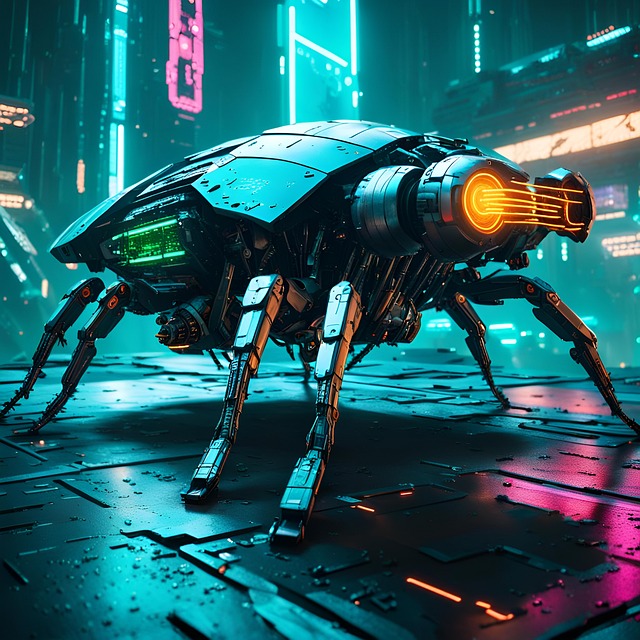
The Impact of AI and ChatGPT on Employment: Navigating the Future of Work
Artificial Intelligence (AI) technologies, particularly language models like ChatGPT, are revolutionizing various industries, leading to significant shifts in the employment landscape. This blog post explores the multifaceted effects of AI on jobs, addresses common concerns, and offers strategies for workers to adapt to this evolving environment.
The Rise of AI and ChatGPT in the Workplace

AI technologies, especially generative models like ChatGPT, have made substantial inroads into the workplace. These tools are capable of performing tasks that traditionally required human intervention, such as drafting emails, writing code, and generating content. Their ability to process and generate human-like text has made them invaluable assets in sectors like customer service, content creation, and software development.
Concerns About Job Displacement

The integration of AI into the workforce has raised concerns about potential job losses. A Gallup poll revealed that over 20% of U.S. workers fear that technology will render their roles obsolete. This apprehension is particularly pronounced among younger workers and those in lower-income brackets. (bizjournals.com)
Sectors Most Affected by AI Automation

Certain industries are more susceptible to AI-driven changes:
- Customer Service: AI chatbots can handle routine inquiries, reducing the need for human agents.
- Content Creation: AI tools can generate articles, reports, and other written materials, impacting writers and journalists.
- Data Entry and Processing: Automation can streamline data management tasks, affecting clerical positions.
The Emergence of New Roles and Opportunities

While AI may displace some jobs, it also creates new opportunities. Roles such as AI specialists, data scientists, and prompt engineers are in demand. For instance, companies are hiring prompt engineers to train AI models to deliver more accurate and contextually relevant responses. (cbsnews.com)
Strategies for Workers to Adapt

To thrive in an AI-driven job market, workers can:
- Develop Soft Skills: Focus on enhancing skills like leadership, empathy, and problem-solving, which are less susceptible to automation.
- Engage in Lifelong Learning: Pursue continuous education to stay updated with technological advancements.
- Embrace AI as a Tool: Learn to collaborate with AI technologies to augment productivity and efficiency.
The Future Outlook: A Collaborative Approach

The future of work is likely to be characterized by collaboration between humans and AI. Embracing this synergy can lead to increased productivity and the creation of new job categories. As AI continues to evolve, its role in the workplace will expand, necessitating ongoing adaptation and learning.
Conclusion

AI and ChatGPT are undeniably transforming the employment landscape. While they present challenges, they also offer opportunities for growth and innovation. By proactively adapting to these changes, workers can navigate the future of work successfully.
Further Reading
For more insights into AI's impact on employment, consider exploring the following articles:
- AI will replace nearly 5 million jobs, ChatGPT predicts - CBS News
- ChatGPT, generative AI cause workers to be worried about their jobs - Chicago Business Journal
- Is AI coming for your job? ChatGPT renews fears - Good Morning America
By staying informed and adaptable, workers can harness the benefits of AI while mitigating potential risks.